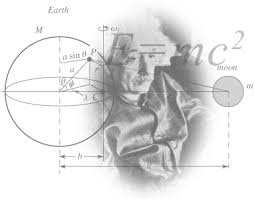记忆方法
记忆“physics”的方法是将它拆分为两个部分:“phys”和“ics”。其中,“phys”与“physical”相似,提示这是关于“物理”的领域。而“ics”通常表示科学或学科的领域,所以“physics”可以记忆为“物理科学”或“物理学”。通过这样的联想,可以更容易地记住这个单词。
以上内容由AI生成, 仅供参考和借鉴
中文词源
physics 物理学
来自physic,自然,自然科学,-ics,学说。引申词义物理学。
英语词源
- physics
-
physics: [16] Physics comes ultimately from Greek phúsis ‘nature’, a derivative of phúein ‘bring forth, cause to grow’. The science of studying the natural world was hence phusiké epistémē ‘knowledge of nature’, and phusiké, turned into a noun, passed into English via Latin physica and Old French fisique as fisike. By now its meaning had shifted from ‘natural science’ to ‘medicine’, a sense preserved in the now archaic physic [13] and in the derivative physician [13], and the modern plural form, which restores the original meaning, was a direct translation of Greek tà phusiká ‘the physics’, the title of Aristotle’s writings on natural science. Physique [19] was borrowed from French.
=> physique - physics (n.)
- 1580s, "natural science," from physic in sense of "natural science." Also see -ics. Based on Latin physica (neuter plural), from Greek ta physika, literally "the natural things," name of Aristotle's treatise on nature. Specific sense of "science treating of properties of matter and energy" is from 1715.
权威例句
- 1. Physics isn't just about pure science with no immediate applications.
- 物理学并非只是一门不能直接运用的纯科学。
- 2. On balance, the book is a friendly, down-to-earth introduction to physics.
- 总而言之,这是一本通俗而务实的物理入门书。
- 3. He was awarded the Nobel Prize for Physics in 1985.
- 他于1985年被授予诺贝尔物理学奖。
- 4. He was the top student in physics.
- 他是物理尖子.
- 5. I wasn't too keen on physics and chemistry.
- 我对物理和化学不是太感喜爱。
